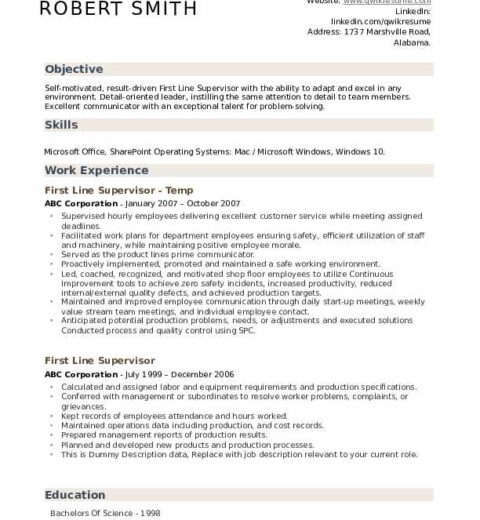In the competitive landscape of job hunting, one of the most debated aspects of resume writing is the appropriate length. Should your resume strictly adhere to the traditional one-page format, or is there room for expansion? This question not only invites contemplation but also poses a challenge for many professionals striving to capture their career journeys succinctly. Navigating the labyrinth of what qualifies as essential information on a resume can be daunting. Thus, understanding the nuances of resume length can be pivotal in presenting oneself effectively to potential employers.
The conventional wisdom surrounding the one-page resume has its roots in the rapidly changing norms of job application processes. In an age where attention spans are diminishing, a succinct, one-page document might seem to be the gold standard. However, this is not a one-size-fits-all formula. For some, particularly those with rich experiences, a single page may feel inadequate, limiting the storyteller’s ability to convey their professional narrative coherently. So, when is it acceptable to venture beyond that single page?
First and foremost, the decision hinges on the level of experience and the complexity of one’s career trajectory. An entry-level professional, fresh out of college, typically possesses less material to showcase and would benefit from the clarity and brevity that a one-page resume provides. In this scenario, the challenge is not about what to include but rather about how to encapsulate academic achievements, internships, and skills in a manner that resonates with employers.
Conversely, seasoned professionals with extensive work histories might find the constraints of a one-page resume quite limiting. For individuals boasting several years in a particular industry, a diverse skill set, or a myriad of roles, a more comprehensive approach is warranted. Here, the second page is not merely an accessory; it serves as a canvas that illustrates career advancement, achievements, and professional development. The challenge lies in ensuring that each additional line of text contributes meaningfully to the overall representation of skills and accomplishments.
Moreover, industry standards play a crucial role in determining the optimal resume length. For instance, creative fields such as graphic design or marketing may allow for more innovative formats and longer resumes that incorporate visual elements. In such cases, the one-page rule may become obsolete. On the other hand, more traditional sectors, such as finance or law, typically advocate for a more conservative one-page format. Here, clarity and straightforwardness are valued, and an excess of information may dilute the focus of the resume.
Another critical factor is the specific job being applied for. Tailoring the resume to align with the job description can sometimes necessitate extending beyond a single page. Essential keywords and phrases taken from the posting can help optimize the resume for applicant tracking systems (ATS), which many companies utilize to filter candidates. This leads to a pertinent question: Does your resume pass the ATS test? A longer resume can incorporate more keywords, thus increasing the likelihood of catching the attention of hiring managers.
Conversely, a concise resume focused solely on relevant experiences can expedite the reviewing process for recruiters inundated with applications. It can be argued that a meticulously crafted one-page resume, highlighting only the most pertinent qualifications and experiences, may prove more effective in capturing a hiring manager’s attention within seconds.
Furthermore, the concept of relevance cannot be overstated. In evaluating what to include in a resume, prioritizing information based on relevance to the prospective position is imperative. Candidates should reflect on their experiences and ask themselves: What truly showcases my value to this employer? This introspection can reveal the essential elements needed to create a compelling, targeted narrative. Whether the resume ultimately spans one page or elaborates further, the content must resonate with the specific role being pursued.
Beyond content and length, the visual presentation of a resume bears considerable significance. A well-structured document with clear headings, bullet points, and differentiated sections can enhance readability, regardless of length. A disorganized, lengthy resume can be just as troublesome as a brief, unfocused one. Therefore, ensuring that information is succinctly presented, arranged logically, and visually appealing is paramount in any format.
To summarize, the debate about whether a resume should succinctly fit on one page or extend further remains nuanced and subjective. While entry-level candidates may prioritize brevity, seasoned professionals might find that a two-page format allows for a more comprehensive representation of their accomplishments. The industry, specific job requirements, and the relevance of the content all contribute to the final decision on the resume’s length.
Ultimately, it must be acknowledged that the goal of a resume transcends length—it is a vehicle for storytelling that conveys your unique professional journey. A well-crafted resume, regardless of its length, effectively highlights your qualifications to potential employers, leaving them eager to learn more about you in an interview. So, should your resume be just one page? The truth is that it can be whatever you make it, as long as it serves its purpose well.



